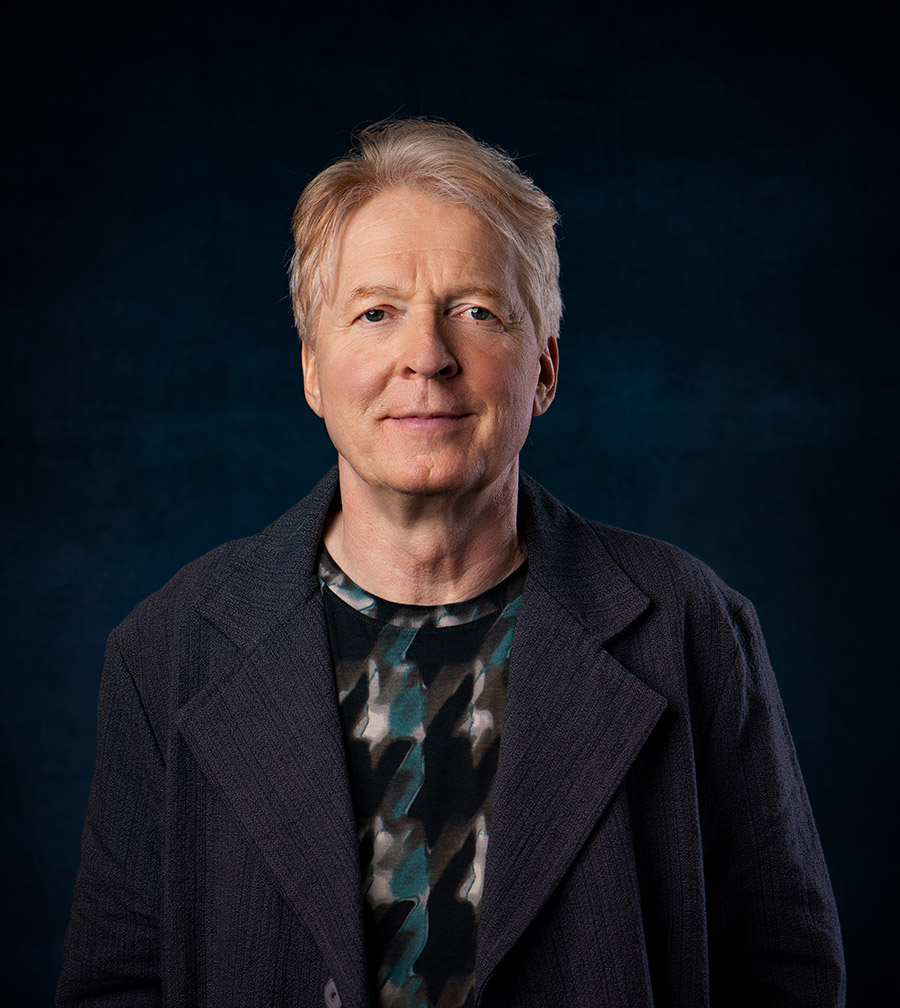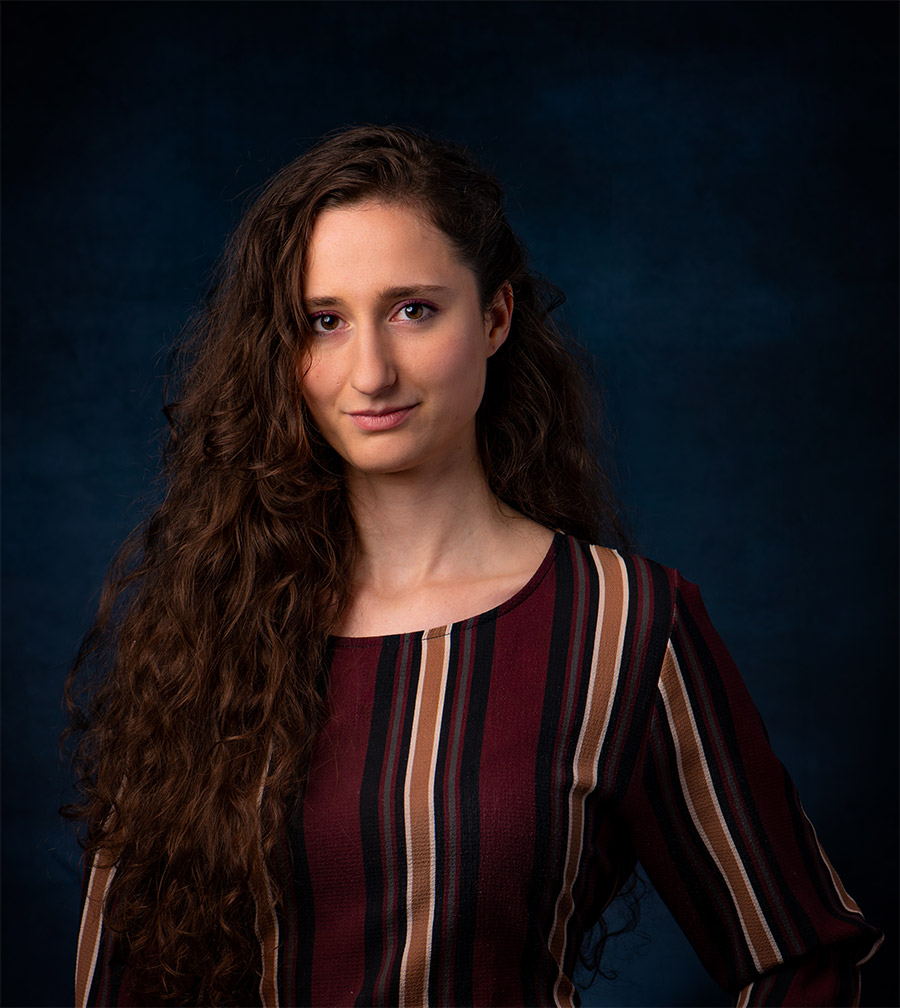The opportunity for aesthetic diversification is already reflected in the team´s germinal seed for which the dramaturge Stephen Ibbotson and composer Wulfin Lieske formed the kernel. Lieske, who for many years shaped the aesthetics of Spanish Romanticism with recordings on historical guitars, turned to New Music in the mid-1990s and created two internationally acclaimed large-scale compositions with "Über den Wassern" (World Exhibition Hanover, 2000) and "Dreamtime" (world premiere Kölner Philharmonie, 2013). In addition to violin, piano and clarinet concertos, he created a piano cycle and various vocal and chamber music. In 2019, his incidental music for Milan Sládek's “The Magic Four” premiered at the National Theatre Bratislava. Among the extensive scores he has composed, it is, perhaps, the influence of György Ligeti and Richard Wagner that shine through most. This, however, can be broken at a juncture by jazz borrowings, electronics, didgeridoo or oriental rhythms. "Innovation in opera can come in various forms, including experimenting with new musical styles, exploring unconventional storytelling techniques, and embracing modern technology to enhance the overall experience. Innovation is essential for opera's vitality."
It was Australian Stephen Ibbotson who ignited Lieske's interest in contemporary opera. As an opera singer, Stephen´s career took him via the Australian Opera and the Badisches Staatstheater to the Staatstheater Stuttgart and various other European houses. In addition to the classical repertoire of the 18th and 19th centuries, it was, above all Benjamin Britten and Alban Berg that inspired him the most. He has worked with renowned conductors such as Kirill Petrenko and Richard Bonynge and directors such as Christof Nel, Christine Mielitz and George Delnon. Stephen Ibbotson is the coordinator and dramaturgical expert for the creative team. "Opera can end up in a dead end as a genre if it doesn't break new ground and redefine itself," diagnoses the Australian.
If Lieske's and Ibbotson's musical backgrounds can be considered in serious music, the newcomers Sancia Fischbein and Julian Reinartz are entirely out of the normal. Sancia Fischbein is studying creative writing in Hildesheim. Familiarising herself with the unique requirements of a libretto was easy for her, even though she had no extensive operatic knowledge. Her poetry slam experience made it something natural for her to listen to the rhythm and colour of language. Her texts have appeared in various literary journals and in the anthologies Hyper and Landpartie by Edition Pächterhaus. She is a co-author of "Rebel Books" (Hanser Verlag, 2021). For "Domino", she has found a text ductus untypical of opera that exposes the pulp fiction core of Emile Zola. "If opera remains stagnant and fails to evolve, it risks becoming predictable and disconnected from contemporary society. Redefinition ensures opera's relevance."
Julian Reinartz has been on board since mid-2022, bringing a whole new world with him: the gamer world. Reinartz studied gaming design and media design in Düsseldorf and has since developed and programmed games in responsible positions. He founded the company Frame 6 and produced games and visualisations for companies such as Ubisoft, Astragon, Mercedes and RWE. After transforming Frame 6 into the renowned Holocafe, a VR space, he moved to Headup, now part of the global Thunderful group. His new focus shifted from game, level design and operations to the role of project manager for the game Tinkertown. "Just as video games constantly innovate to engage players, opera should embrace change and seek ways to reinvent itself, blending tradition with modernity to create immersive experiences that resonate with contemporary audiences."




